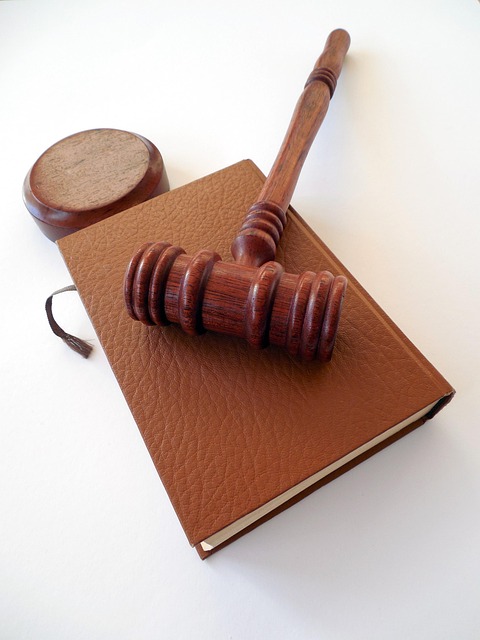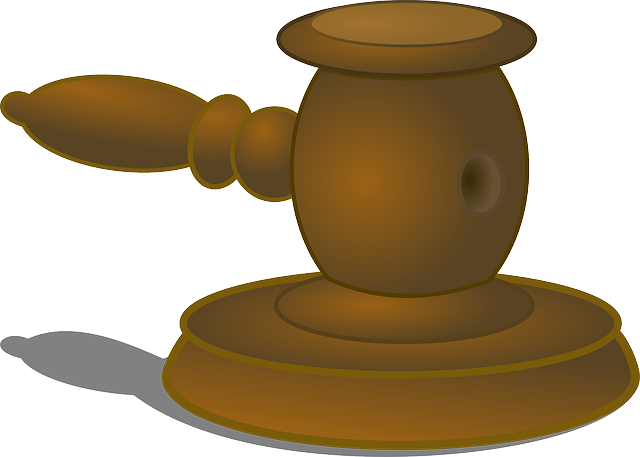Wrongful death occurs when negligence or intentional acts cause a person's untimely death, with survivors—including spouses, children, parents, and dependents—eligible for compensation within strict one-to-two year time limits. This guide offers essential advice for wrongful death survivors, focusing on gathering crucial information like medical records and police reports, understanding jurisdiction-specific time limits, and exploring compensation options including economic and non-economic damages. Accessing support services such as legal aid, counseling, and advocacy groups can help survivors navigate the claims process, promoting healing and financial stability during this challenging time.
“Facing the loss of a loved one due to someone else’s negligence can be incredibly challenging. This article guides wrongful death survivors through the complex process of seeking justice and compensation. We’ll explore what constitutes wrongful death, who can file a claim, and how to navigate the legal system. From understanding the types of damages available to finding support during this difficult time, this resource aims to empower you with knowledge. By the end, you’ll have a clearer path forward.”
- What is Wrongful Death and Who Can File a Claim?
- Navigating the Legal Process as a Survivor
- Compensating for Loss: Types of Damages and Support Available
What is Wrongful Death and Who Can File a Claim?
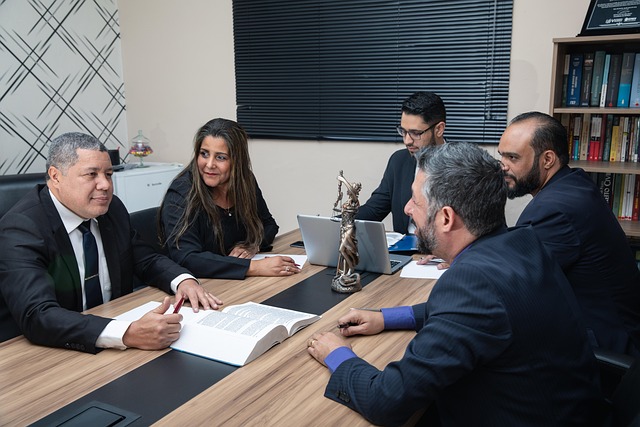
Wrongful death occurs when an individual loses their life due to another party’s negligence or intentional actions that breach a legal duty. This can result from various scenarios, such as car accidents caused by reckless driving, medical malpractice, or even defective products that lead to fatal injuries. When wrongful death survivors are left to navigate the complexities of losing a loved one, they may also face financial challenges and emotional distress.
Any individual who was dependent on the deceased for financial support or companionship can file a claim. This includes spouses, children, parents, and sometimes other family members. Wrongful death claims seek compensation for damages like medical expenses prior to death, lost wages, pain and suffering, and loss of companionship. It’s crucial for survivors to understand their rights and timely file a claim, as there are strict time limits in place, which vary by jurisdiction, typically ranging from one to two years from the date of the incident.
Navigating the Legal Process as a Survivor
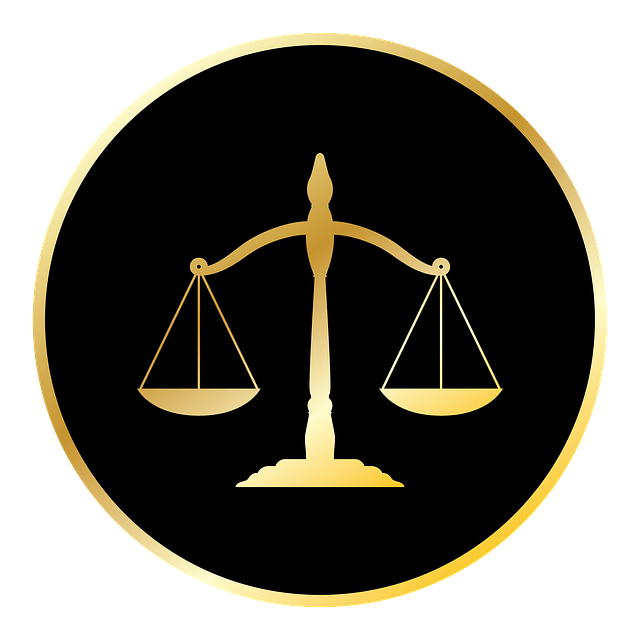
Navigating the legal process after losing a loved one can be incredibly challenging for wrongful death survivors. As you grapple with grief and emotional turmoil, understanding the steps involved in pursuing a personal injury claim is essential. The first step is to gather all relevant information related to the incident that led to your loved one’s passing. This includes medical records, police reports, witness statements, and any evidence that supports your case. Consulting with an experienced auto accident lawyer or legal professional specialised in wrongful death cases can provide invaluable guidance throughout this process.
Survivors of nursing home abuse also face a complex journey when seeking justice. They must quickly become familiar with the laws governing such cases and the time limits for filing claims. It’s crucial to document any signs of neglect or mistreatment and seek immediate legal counsel. An attorney dedicated to personal injury claims can help them understand their rights, protect their interests, and navigate the intricate legal system, ensuring they receive fair compensation for their losses.
Compensating for Loss: Types of Damages and Support Available
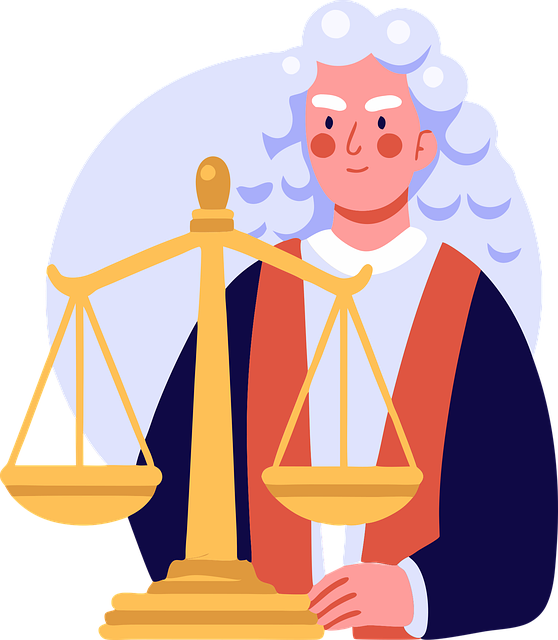
When navigating the claims process as a wrongful death survivor, understanding the available compensation options is vital. Loss can take many forms, and it’s essential to be aware of the types of damages that can be claimed. This may include economic losses such as medical expenses incurred before the deceased’s passing, funeral costs, and loss of earnings if the deceased was a primary source of financial support. Non-economic damages, like pain and suffering, emotional distress, and loss of companionship, are also compensable, providing a measure of solace for the grieving family.
Support services tailored to wrongful death survivors can greatly assist during this challenging time. This can encompass legal aid, counseling, and advocacy groups that specialize in helping families navigate the complex claims process. While no amount of compensation can bring back a loved one, ensuring access to resources that align with the specific circumstances, whether it’s due to an auto accident injury, medical negligence, or business litigation, is crucial in fostering healing and financial stability for those left behind.
For those navigating the challenging journey of seeking justice after a loved one’s wrongful death, understanding the claims process is crucial. This article has demystified key aspects, from defining wrongful death and identifying eligible claimants to guiding through the legal procedures and compensating for the irreplaceable loss. By recognizing the available support and types of damages, wrongful death survivors can take informed steps towards healing and financial security.
